The Impact of your relationship to your voice(instrument)
Whenever I attend concerts, live gigs, or watch online performances, I often notice distinct differences among musicians in how they engage with their instruments. In some cases, it's quite evident that singers are focused on showcasing their 'charm' through impressive performances. I can almost decipher the message they're conveying: 'Look at how well I can sing.' However, the presence of such artists often distracts me from truly enjoying the music they're performing.
In certain instances, especially among students, I observe struggles arising from limited vocal control or skills that prevent them from fully expressing what lies within them.
During vocal lessons and music therapy sessions, I've encountered individuals who are exceptionally withdrawn in conversations or interactions. Yet, when the music begins, they blossom and sing as if their previous shyness never existed. Some even prefer the accompanying music to be louder, using it as a shield to veil their own voices.
As both a singer and a vocal coach, I've personally experienced all of the aforementioned scenarios. There have been moments when I yearned for the audience to see 'me,' or felt restrained by the music from connecting more intimately with them. I've also encountered instances where I felt utterly disconnected from the song I was singing, and even the voice I was using.
All of these diverse experiences revolve around the topic of a 'musician's relationship with their instrument' (in this case, a singer's relationship with their singing voice).
An intriguing study by Simoens, V. L., & Tervaniemi, M. (2013) delved into how a musician's relationship with their instrument can impact performance anxiety and overall professional well-being.
The researchers surveyed 320 musicians and grouped them into four relationship types. The following descriptions outline each type. You can identify where your own relationship with your voice fits within these categories.
"The study results not only affirmed that feeling a sense of unity with one's instrument is an advantageous relationship but also revealed further distinctions in aspects of professional well-being among musicians who associated themselves differently with their musical instruments."
The united group not only experienced a 'Performance Boost' (positive performance anxiety) but also delivered more engaging and enjoyable performances for the audience. Witnessing or being immersed in such 'united moments' between a singer and their voice is incredibly thrilling.
As singers, students, and coaches, we are united by a shared goal: to enhance our vocal skills and empower singers to refine their voices and sing with greater prowess. This journey of improvement encompasses singing accurate notes, projecting powerful vocals, building confidence, hitting higher pitches, and crafting beautiful phrases that convey rhythm and dynamics with finesse.
At certain stages of this journey toward improvement, whether in singing or any form of art, we often grapple with the weariness stemming from an unending list of things to enhance. As we repeatedly narrate the story of self-improvement, we begin to cultivate a distinct relationship with our voice as an instrument.
I'd label this dynamic a 'fixer' and 'fixee' relationship—the singer with keen ears to catch missed notes, and their voice perpetually positioned for evaluation.
In this context, achieving the unity of singer and sung voice becomes a rarity.
Thus, the query arises: 'How can we attain a sense of unity with our voice and our singing?'
How can this aspiration be realized for singers, students, and vocal coaches alike?
This blog aims to raise this question rather than provide an answer.
The answer resides within those who are intrigued by the journey of uniting with their voices.
Our upcoming Small Circle Performance Day revolves around celebrating voices, singing, and the expression of our inner selves, within a gathering of supportive audiences. A tip for delivering an exceptional performance is to prioritize the enjoyment of singing itself and take pride in the voice shared with others.
Simoens, V. L., & Tervaniemi, M. (2013). Musician–instrument relationship as a candidate index for professional well-being in musicians. Psychology of Aesthetics, Creativity, and the Arts, 7(2), 171–180. https://doi.org/10.1037/a0030164




